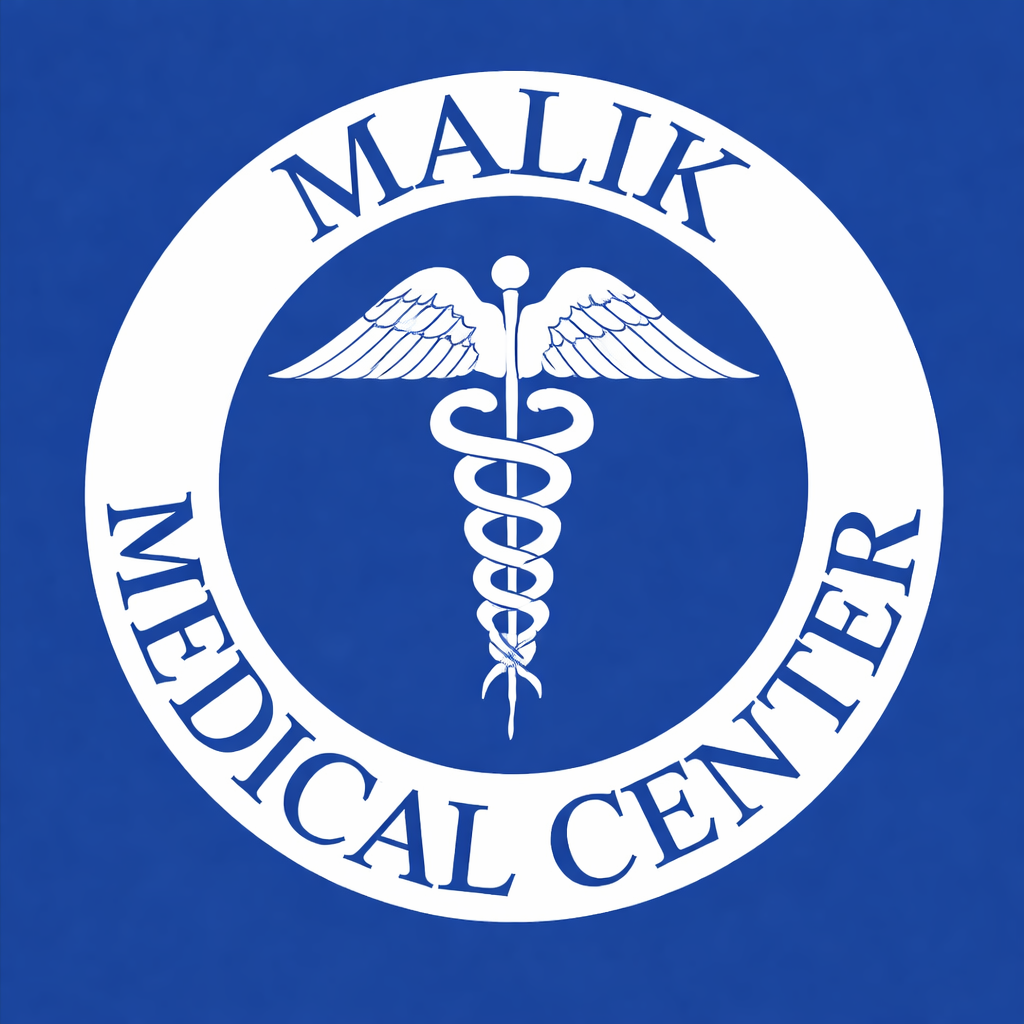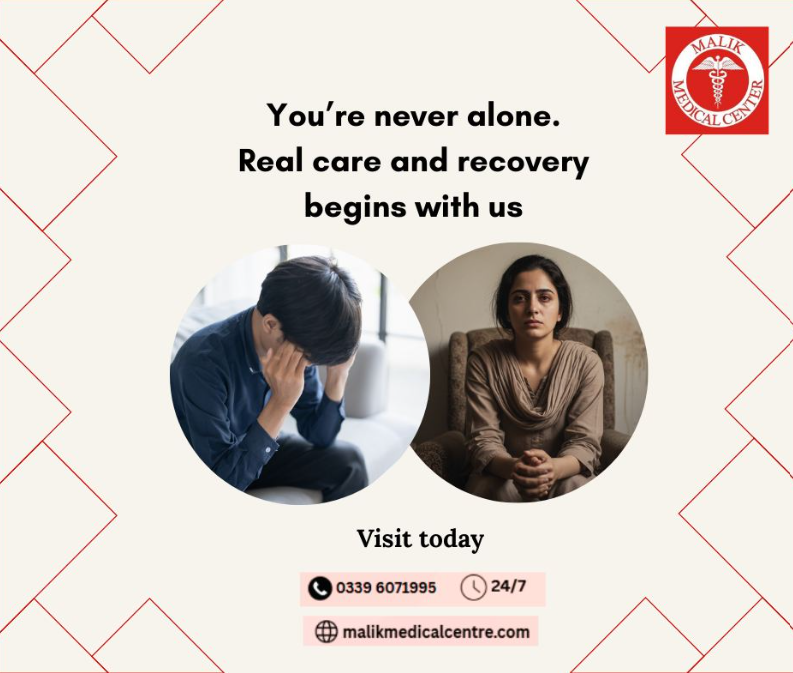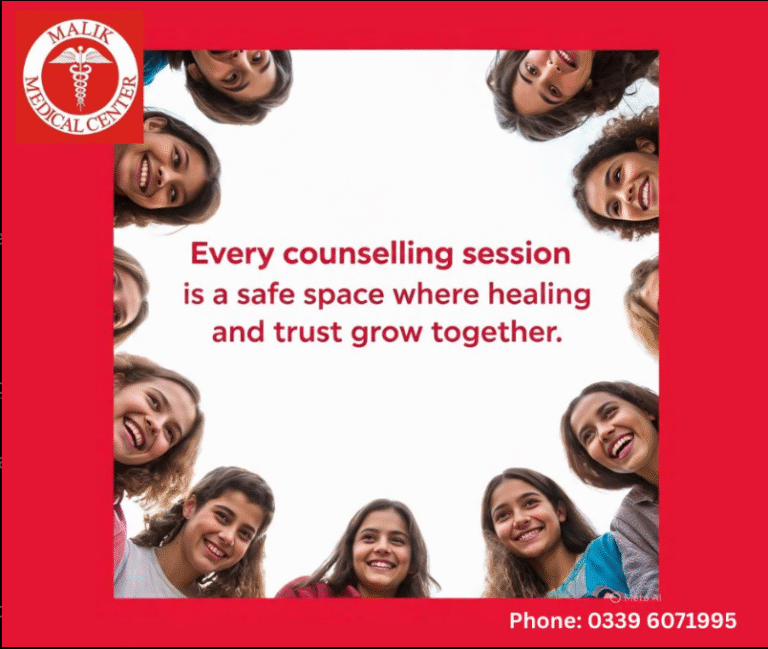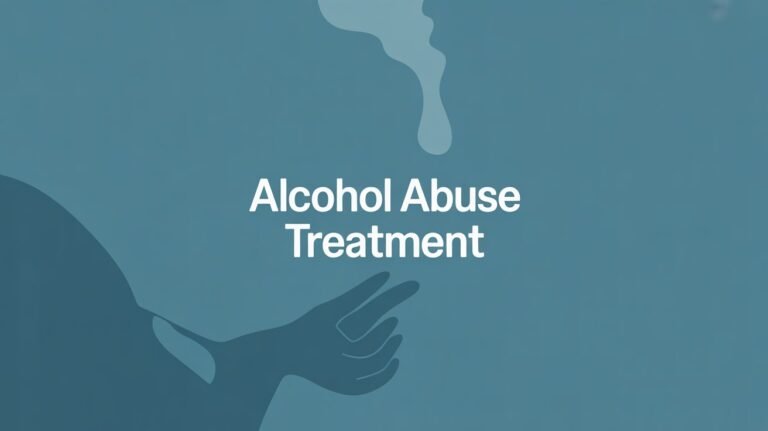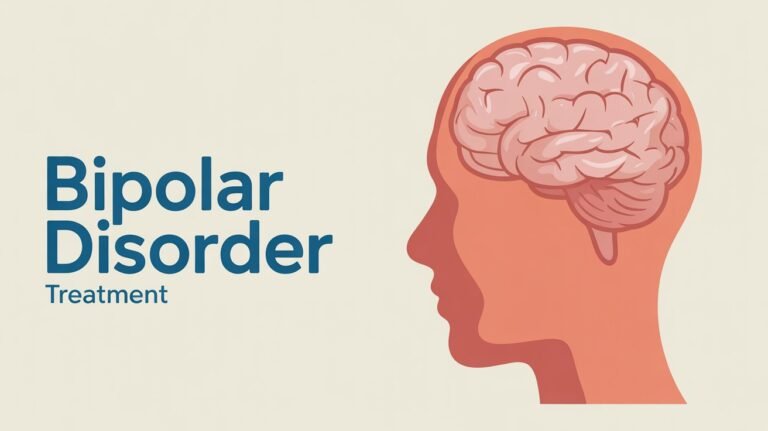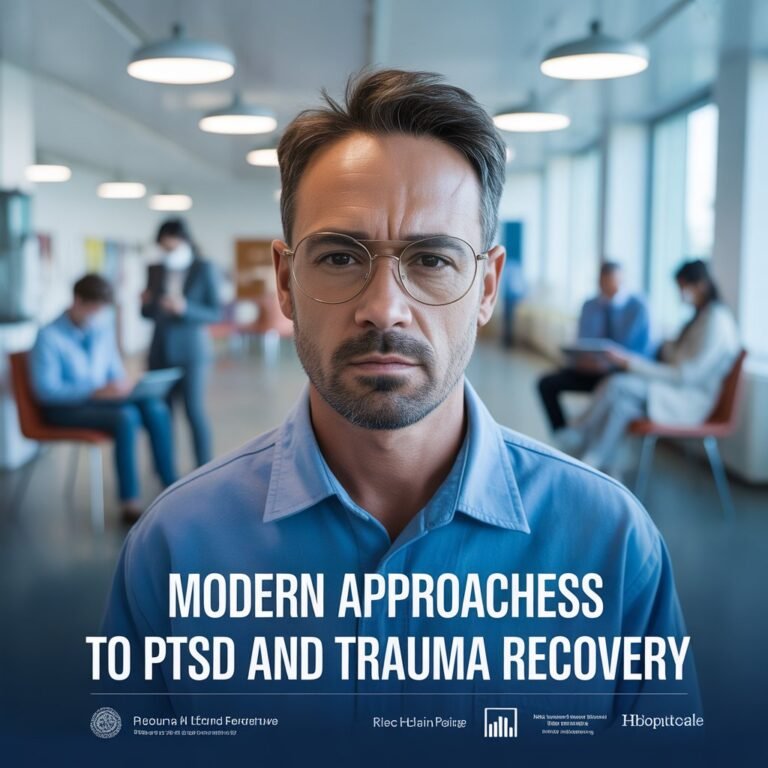Silent Scars, Stronger Recoveries: The Role of PTSD & Trauma Treatment
Scars on the body heal. Scars on the brain tend to be hidden. Think about the person who is waking up with heavy memories every day, is surprised by loud noises and is experiencing pain when all offers safety. That is PTSD- post-traumatic stress disorder and to most, trauma is a deep wound. The process of recovery does not mean forgetting the past, learning to move on again with strength. PTSD & Trauma Treatment at Malik Medical Centre is all about change, the ability to make the silent scars stepping stones towards greater and healthier lives.
What PTSD Really Is
When a traumatic experience cannot be processed by the brain, the result is PTSD. It’s not “just a memory.” Rather, memories are triggers: flashbacks, emotional pain, numbness or hypervigilance. Trauma may be as a result of violence, accidents, abuse or loss. Individuals tend to be helpless or slaves to the past.
The goal of the PTSD & Trauma Treatment is to regain mind and body safety. It offers an organized course to learn about those memories instead of being haunted by them, and helps patients to stabilize.
Why Trauma Leaves Invisible Wounds
Trauma leaves all its traces in various aspects of life:
- Sleep elusive- nightmares and insomnia (mind is hyperactive).
- Relationships become damaged – trust is lost and emotional bonding is dangerous.
- Everyday living seems on the edge–triggering points are where one least expects.
These are the hidden wounds that are not visible to a majority of the people. But the treatment of PTSD and Trauma start there, by acknowledging those scars and moving step by step toward a curing.
Recognizing the Signs: When to Seek Help
Identifying the point of seeking help is a very intimate process, and some of the symptoms are warning bells:
- Repeat intrusive memories or flashbacks.
- Avoiding people, places, or discussions that cause one to think of the trauma.
- Thinking or mood problems- being detached, guilty, or hopeless.
- Increased reactivity startling, irritable, on edge.
When these symptoms continue to bother within weeks or months and interfere with normal life, then it is time to request help. Early PTSD and Trauma Treatment enhance results and minimize suffering in the long run.
The Core Pillars of Healing
Combined treatment techniques are employed in healing after the trauma. We practice both evidence-based practice and compassionate care at Malik Medical Centre:
- Trauma‐Focused Therapy
Cognitive Processing Therapy (CPT) and Eye Movement Desensitization and Reprocessing (EMDR) help patients navigate the memory landscape and reframe their trauma and decrease the emotional charge on them.
- Skills Training & Counseling.
Grounding, emotional control and building resilience methods are taught to patients such that daily stimuli become powerless.
- Medication Where Needed
In more serious or comorbid conditions (such as depression or anxiety), drugs are involved in stabilizing the mood and decreasing the intrusive symptoms.
- Holistic Care and Self-Care Practices.
Mindfulness, breathing exercises, gentle exercise, and nutrition are all ideas that will improve recovery and guide patients to re-ground in the present.
All of these pillars create an all-encompassing PTSD and Trauma Treatment model that facilitates extensive, long-lasting recovery.
The Journey at Malik Medical Centre
When patients arrive at Malik Medical Centre seeking PTSD & Trauma Treatment, they walk into more than a clinic—they enter a healing community. The journey might look like this:
- First, a thorough assessment with psychiatrists and psychologists.
- Then, a customized care plan based on severity, co-existing conditions, and personal history.
- Next, a combination of therapy sessions, group support, and coping skills training.
- As progress emerges, integration with daily life—returning to work, relationships, and social roles.
- Finally, structured aftercare and relapse prevention to ensure long-term resilience.
This path respects that healing unfolds at one’s own pace, not according to preset timetables.
Involving Loved Ones: Healing Together
Trauma does not only have an impact on an individual but it changes family relations, trust, and communication. It assists in involving close ones in treatment. Families can learn how to:
- Hear with no judgment and pressure.
- identify triggers and support.
- Promote consistency, but not enabling.
- Attend sessions of joint therapy.
The collaboration of therapists, patients, and families will make recovery a more comprehended and lasting process.
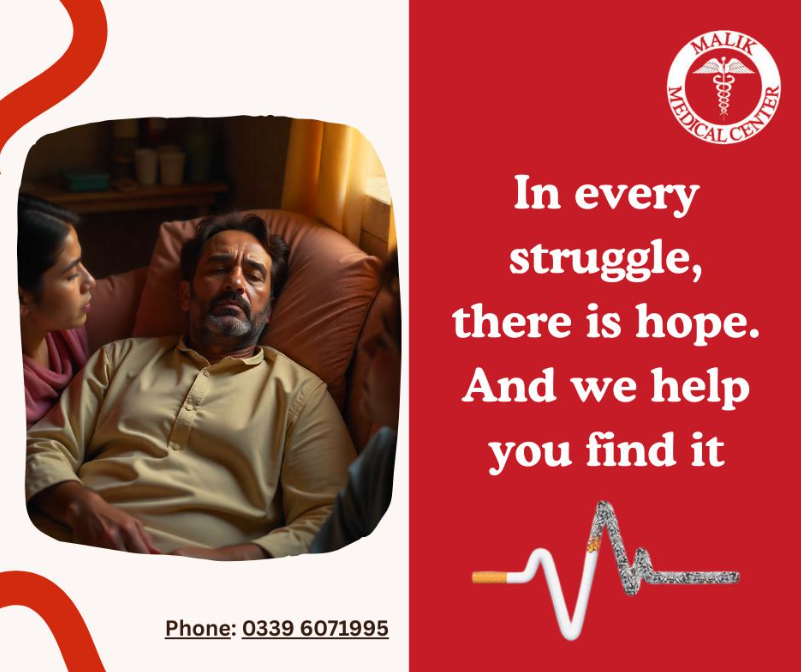
Creating Safe Spaces in Everyday Life
Healthy places lead to healing. Outside the clinic, patients can enjoy the benefits of suppressing triggers, creating routines and having people who can empathize with them. The facility itself at Malik Medical Centre is created in such a way that it will inspire confidence: personal rooms, caring employees, and the organization of daily routines. In case patients are moved home, safety plans and coping strategies aid in the persistence of recovery.
Barriers to PTSD & Trauma Treatment—and How We Overcome Them
Numerous barriers prevent victims of trauma to get care: there is a feeling of shame, the fear of reproach, expense, or lack of faith in the recovery. In order to overcome these barriers, Malik Medical Centre has taken actions such as:
- Giving judgment-free compassionate care.
- Providing openness concerning price and treatment procedures.
- offering 24/7 emergency responders to episodes of crisis.
- Remaining within the community education, so the trauma care is not far off.
With these measures, the center is not only an establishment but a reliable haven.
Turning Pain into Strength: Stories of Resilience
We need to secure privacy, but now so many patients who used to feel shattered are restored. A survivor can come back haunted with nightmares and months after, stroll out with equipments to face the life. Some other one can resume living a normal life with family and work without fear. These narratives do not diminish the agony, they enhance the power of what PTSD & Trauma Treatment can bring through a combination of hope, ability and care.
What Recovery Looks Like Over Time
The healing process is in stages–there is no such thing as two similar journeys, though the trends tend to be recurrent:
- Phase 1: Safety, stabilization – less severe symptoms, risk decreases.
- Phase 2: Processing and integration- working with the trauma, restoring identity.
- Phase 3: Reintegration and growth- comeback to life with new weaponry and mission.
Follow-up care helps people to increase resilience even after discharge. PTSD & Trauma Treatment is never a test that you complete, it is a new way of life.
Why Malik Medical Centre Remains a Trusted Choice
Malik Medical Centre is the legacy of Prof. Malik Hussain Mubbashar who was a pioneer of mental health in Pakistan. Not only clinical expertise but a compassion philosophy can be found by patients. The center is also known in Islamabad and Rawalpindi to integrate talented psychiatrists, customized treatment and care that is supportive of the entire individual and not just the symptoms.
Malik Medical provides the medical prowess and even the human touch to those in need of a trusted PTSD & Trauma Treatment provider.
Four Practices to Reinforce Progress (Bullet Points)
- Do grounding exercises such as 5-4-3-2-1 sensory awareness to bring yourself to the present.
- Record stressors and respond to them using a trigger journal and to reflect on the responses gradually losing their strength.
The practices enable patients to take control of their lives between therapy sessions and become able to incorporate recovery into their daily lives.
Looking Ahead: Healing is Always Possible
The trauma can be a thing of the past, and its effect does not necessarily need to be a character of the future. Recovery is not a hope; it is a reality when the treatment is provided in a timely manner, in a compassionate, and a skillful way. To individuals and families, it is a matter of changing silent scars into more formidable recoveries that rejuvenates a purpose, re-establishes trust and reclaims life.
At Malik Medical Centre, PTSD & Trauma Treatment is not just a service, but a course of walking with the patients towards light, dignity and strength back.
Frequently Asked Questions:
1. What is PTSD and Trauma Treatment in Malik Medical Centre?
It is an intensive curriculum that applies interventions such as CBT, EMDR, medicines, and holistic treatment in assisting patients to overcome trauma and strengthen their resilience.
2. What is the answer to the question: do I require PTSD and Trauma Treatment?
Treatment is suggested in case you have flashbacks, avoidance, sleeping problems, or emotional numbness following the trauma, and the symptoms disrupt your normal life.
3. Are Family members a part of PTSD & Trauma Treatment?
Yes. Malik medical centre engages families in therapy to enable them to know triggers, promote recovery and reinforce relationships.
4. What will be the duration of PTSD recovery?
The process of recovery is not the same to all. Through regular treatment and support, a good number of patients can improve within the months, although others may require care over a long period.
5. Why should one select Malik Medical Centre to treat PTSD and trauma?
Due to its history of mental health leadership, highly qualified psychiatrists, customized treatment, and a caring and secure healing atmosphere.
